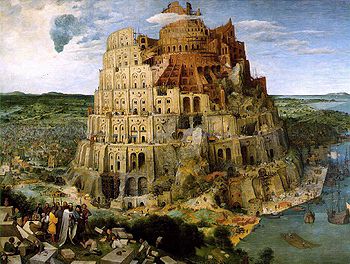
While IBM is celebrating its 100th birthday this week with a focus on technology, progress and service, it's those key lessons that stick with me.
I've covered IBM for nearly one-third of its life, and my next-door neighbor growing up was a career IBM'er. So, it turned out, was my best friend from those days. I bought 100 shares of the stock for my retirement account mainly out of sentiment, although I must say they've done pretty well.
How well they do in the future depends entirely on IBM not forgetting the key lesson of its history.
IBM is really a family company. Thomas Watson Sr. created its culture, pared a conglomerate down to three key product lines, and built an office products giant. His son, Thomas Watson Jr., outdid even the old man, betting the whole thing on computing, and nearly losing it in the IBM 360 debacle, a story he told movingly in his autobiography.
But the IBM I began covering in the late 1970s was another thing entirely. Elvis had left the building in 1973, leaving a bureaucratic behemoth that could be victimized by the “first kid with a clue” who came along. The kid, of course, was Bill Gates, and his clue was that the key to computing technology lay in its operating system. Capture that flag and the rest of the industry will follow. He did, and it did.

Gerstner's successor, Sam Palmisano, has followed that formula, but he too is now approaching the company's retirement age. And Gerstner's vision is now two decades old.
So a cloud hangs over this anniversary. Will IBM find another strong hand for the tiller, even if they have to go outside the industry to do it? Will that person be able to create a new vision, a new mission for an even-bigger company, and will they be given the power to implement it?
No tech company can survive on auto-pilot. Not even IBM.











Back in the early 90s I called for the nationalization Ibm. They were so screwed up and Japan Inc. was so ascendant. Ibm then (and now-maybe now but not as much now) drove the hard science research agenda in so many ways. The role ibm plays is a treasure and needs to be nourished.
Ibm needs to build and run the next gen educational infrastructure/platform.
Back in the early 90s I called for the nationalization Ibm. They were so screwed up and Japan Inc. was so ascendant. Ibm then (and now-maybe now but not as much now) drove the hard science research agenda in so many ways. The role ibm plays is a treasure and needs to be nourished.
Ibm needs to build and run the next gen educational infrastructure/platform.
Elizabeth Stenson
Very good article.Much thanks again. Want more.